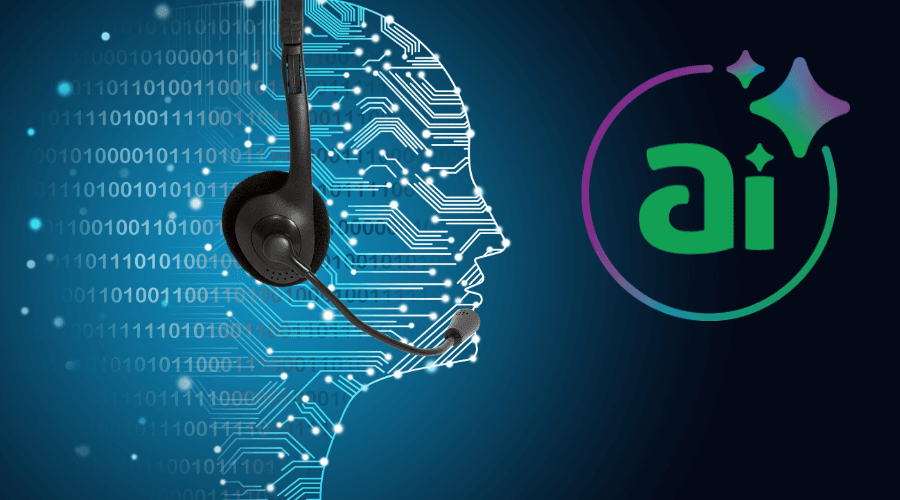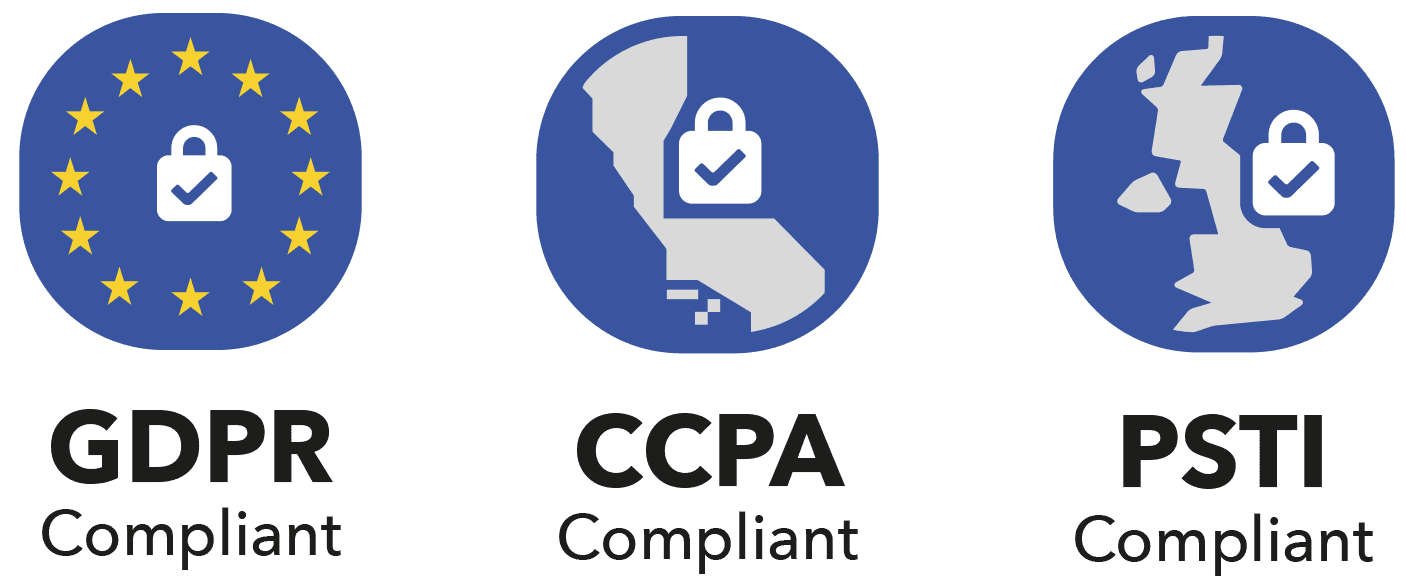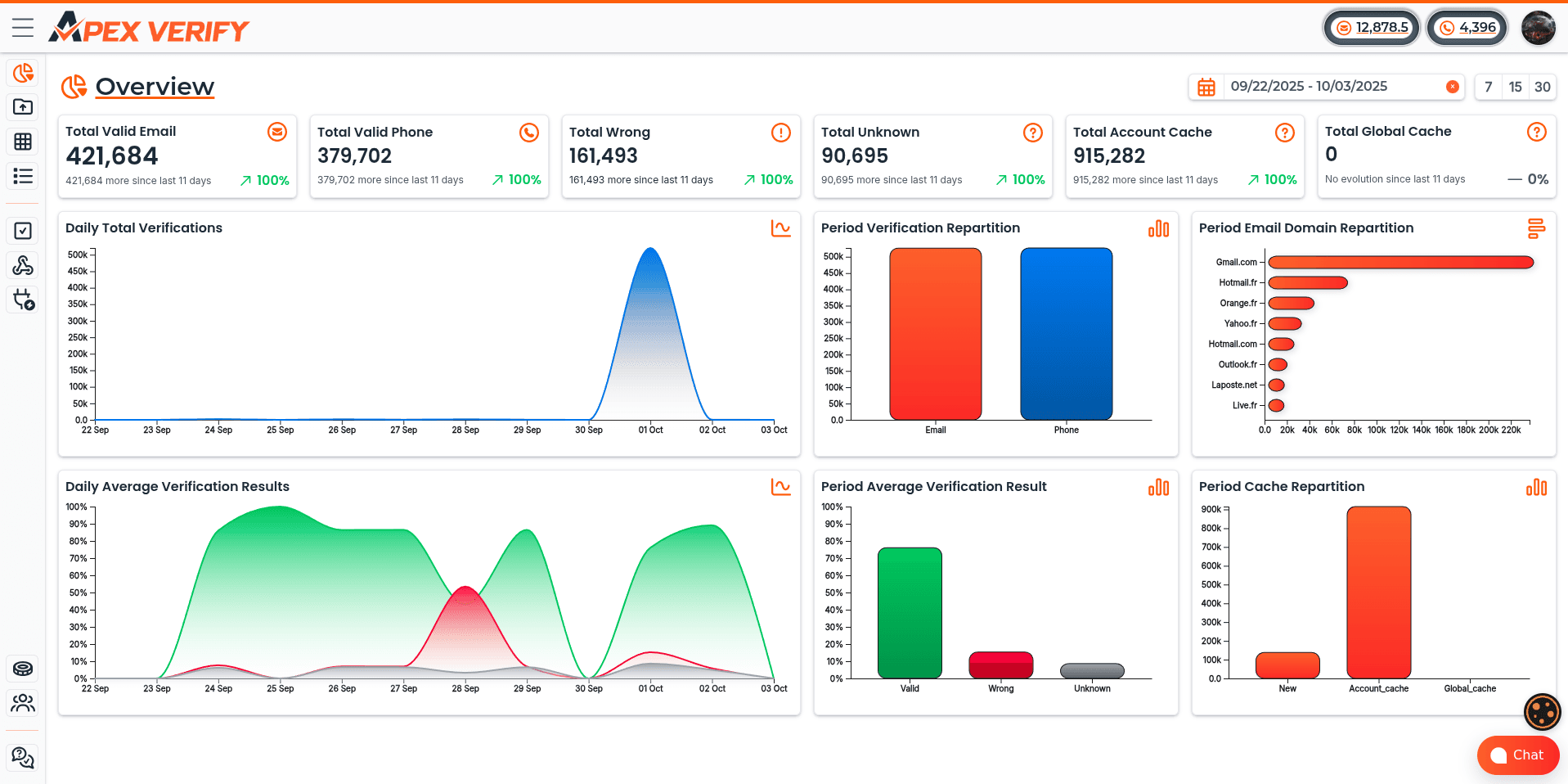The rise of Artificial Intelligence (AI) is reshaping nearly every industry, and the call center is no exception. From virtual assistants to fully autonomous phone agents, the call center of the future is no longer staffed solely by humans. Instead, it is increasingly operated by AI call bots that answer, analyze, and resolve customer requests without human intervention.
What Are AI Call Bots?
AI call bots are automated voice agents that use natural language processing (NLP), machine learning (ML), and voice recognition technologies to understand and respond to spoken requests. Unlike traditional IVR systems ("Press 1 for sales, Press 2 for support..."), these bots can engage in natural, flowing conversations.
"AI call bots don't just follow scripts — they understand intention." — Dr. Lin Mei, AI Researcher at FutureVoice Labs
Key Benefits of AI Call Bots
- 24/7 Availability: AI bots never sleep or take sick days.
- Scalability: One bot can handle thousands of calls simultaneously.
- Cost Efficiency: Reduces staffing costs and training overhead.
- Speed: Fast response times and immediate access to information.
- Consistency: Every customer receives the same level of service.
Social and Economic Implications
The adoption of AI call bots will undoubtedly lead to massive shifts in employment. Call centers employ millions globally, and automation could displace a significant portion of those jobs. While new roles in AI oversight and development will emerge, the transition period may leave many without work or adequate retraining opportunities.
On the other hand, customers may benefit from faster resolutions and reduced frustration. AI bots can access entire databases instantly and are not prone to the emotional fatigue or burnout that affects human agents.

Ethical Concerns and Public Trust
There is growing concern about the ethics of AI handling sensitive or emotionally charged customer service interactions. Should a grieving customer speak to a machine? Can a bot truly empathize? These are questions that researchers and developers must grapple with as AI systems become more sophisticated.
Transparency is also key. Customers must be aware that they are speaking with a bot and should be given the option to escalate to a human when necessary. Trust is fragile, and misuse of AI can erode it quickly.
The Future: Coexistence, Not Replacement
The most likely scenario is not the total replacement of human agents, but a hybrid model where AI augments human performance. Bots may handle routine or repetitive inquiries, while complex or sensitive issues are escalated to trained professionals.
According to a 2025 report by the World Contact Center Association:
"AI will take over 60% of call center workloads by 2030, but humans will remain central to complex decision-making and relationship management." — WCCA Global Trends Report, 2025
Conclusion
AI call bots represent a monumental shift in how businesses interact with customers. While the technology offers impressive benefits in efficiency and cost, it also brings about serious societal implications, particularly around employment and trust.
As we move forward, it is crucial that businesses, governments, and technologists collaborate to ensure this transformation is both ethical and equitable. In doing so, we can build a future where humans and machines coexist — not compete — in delivering exceptional service.







